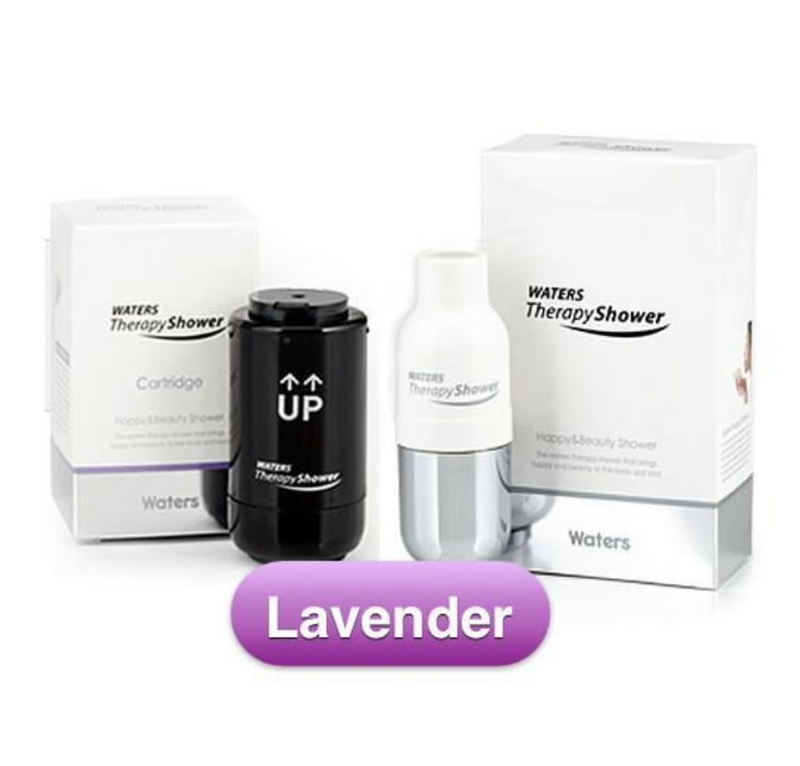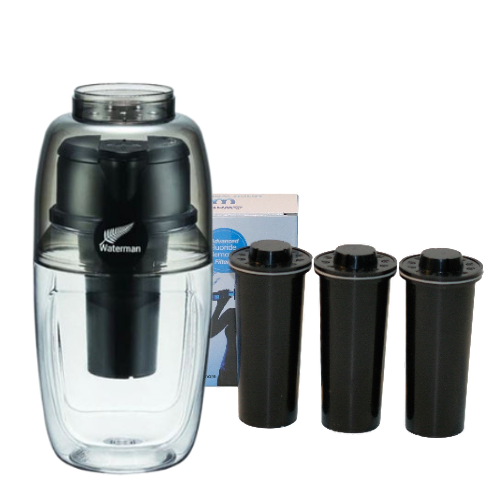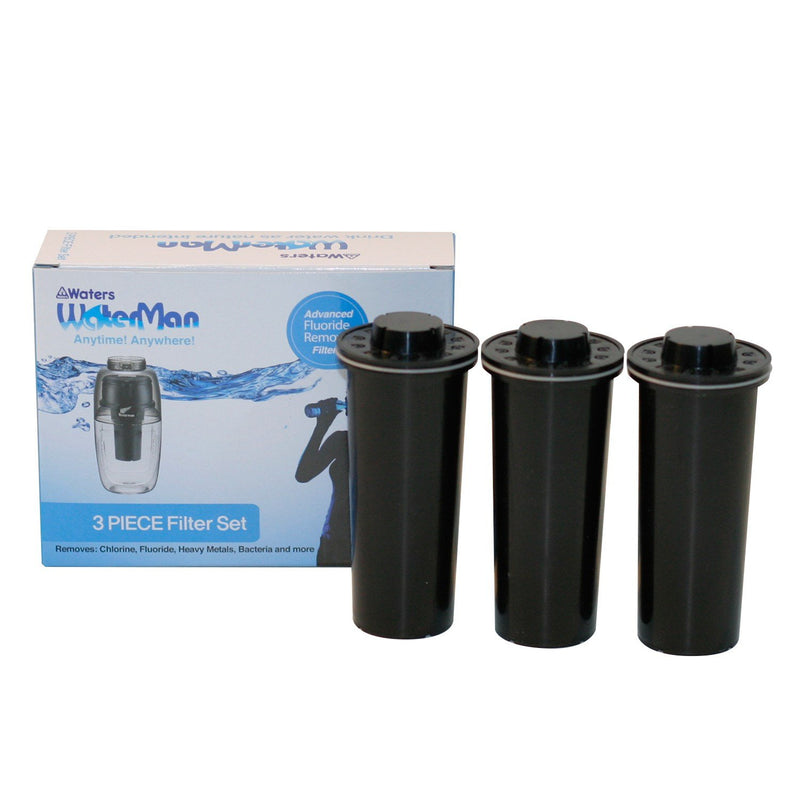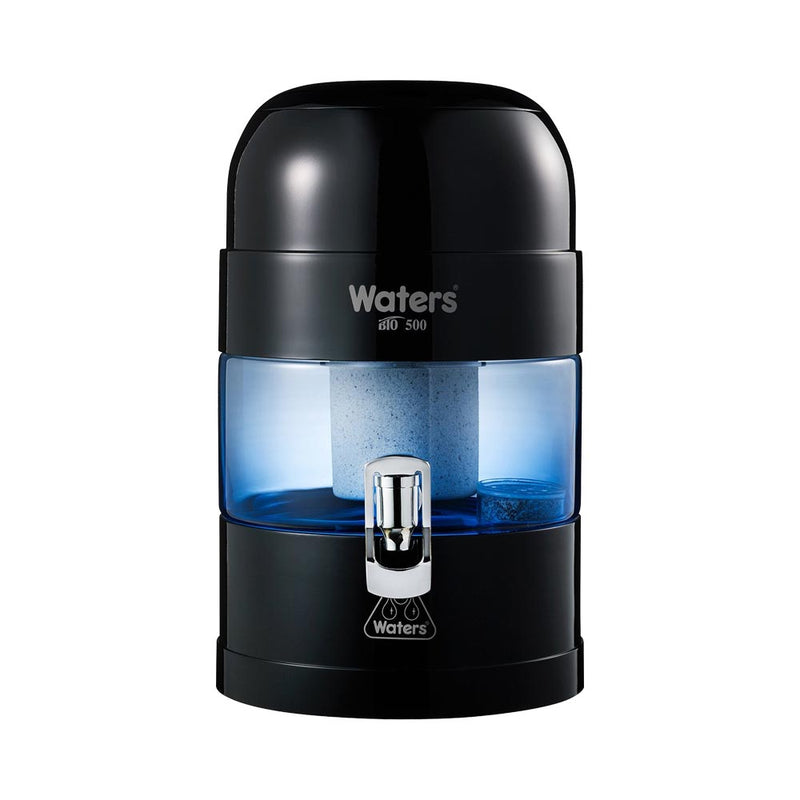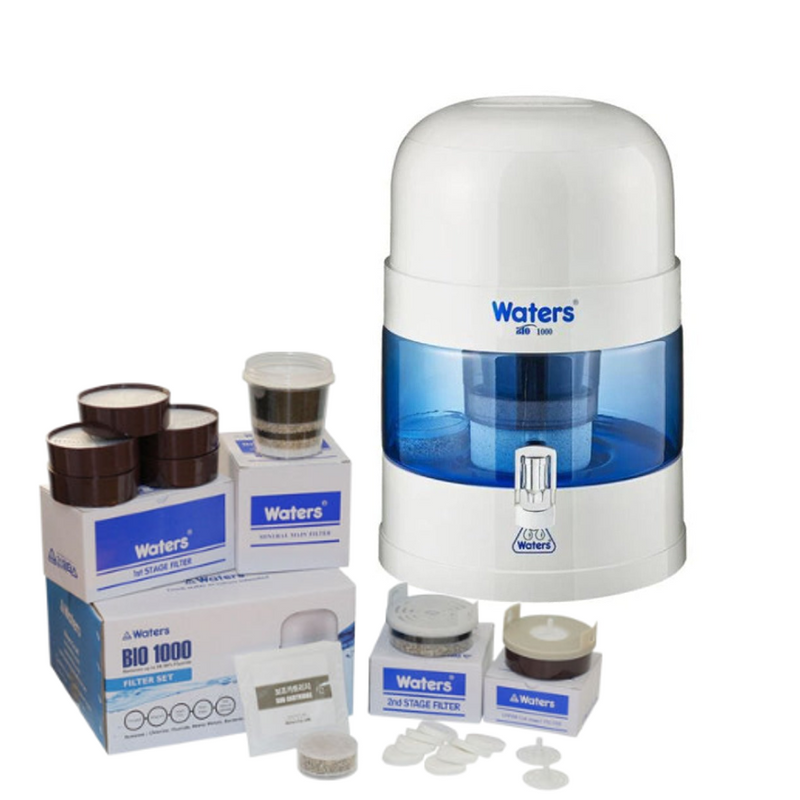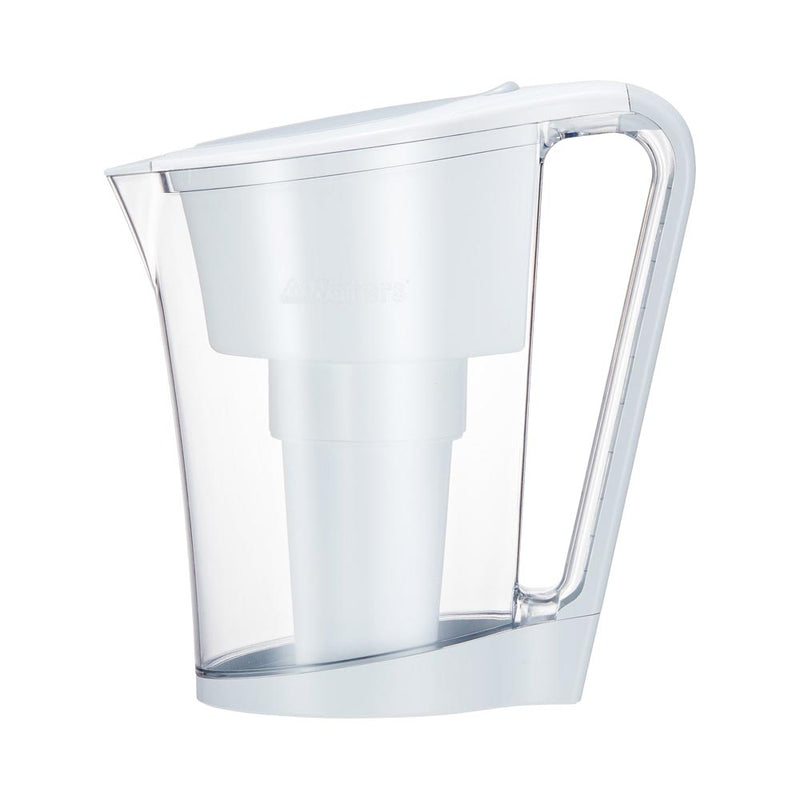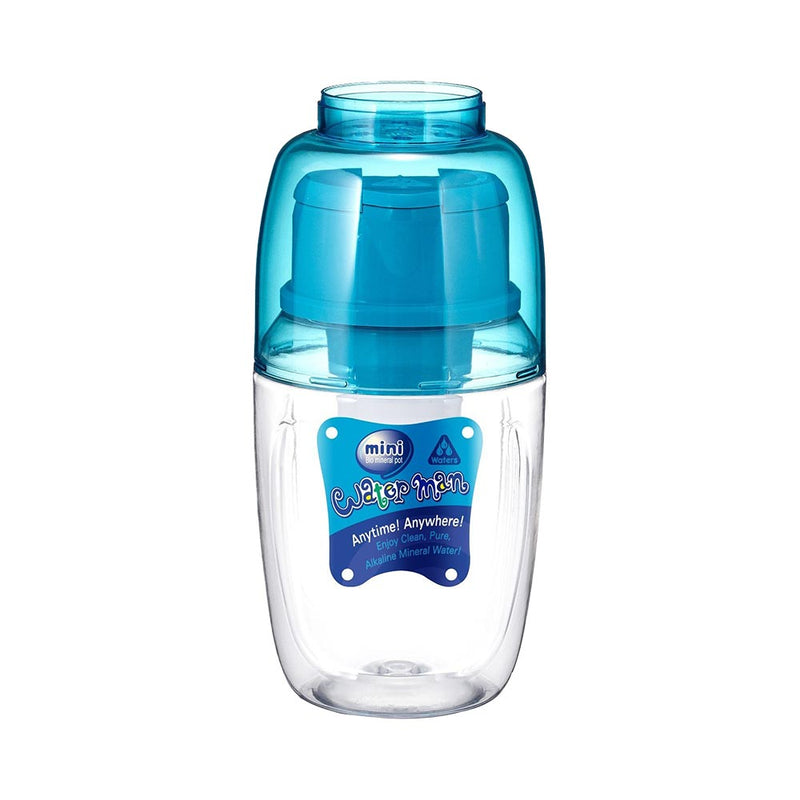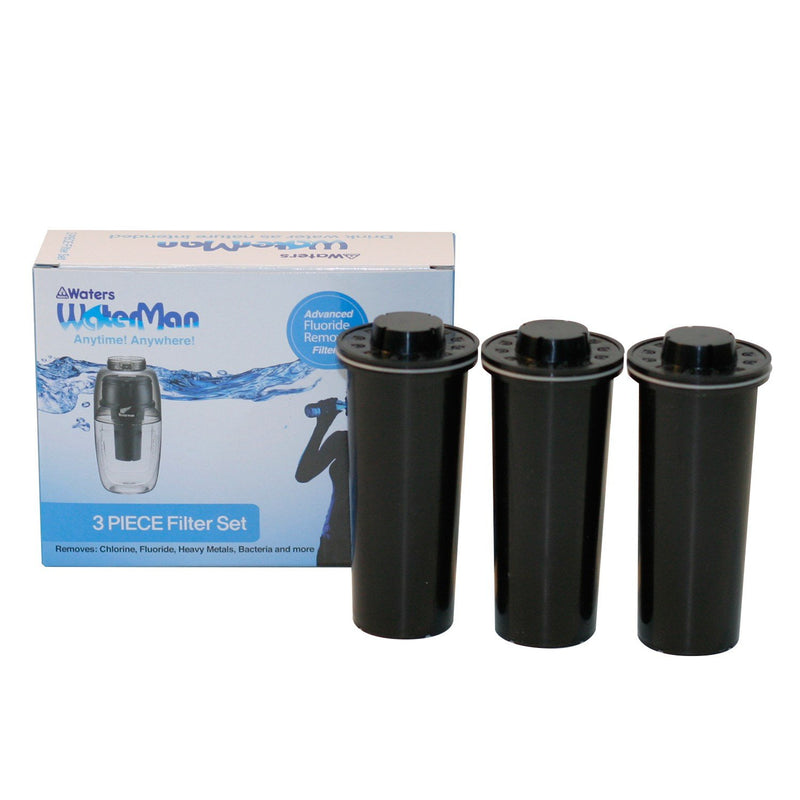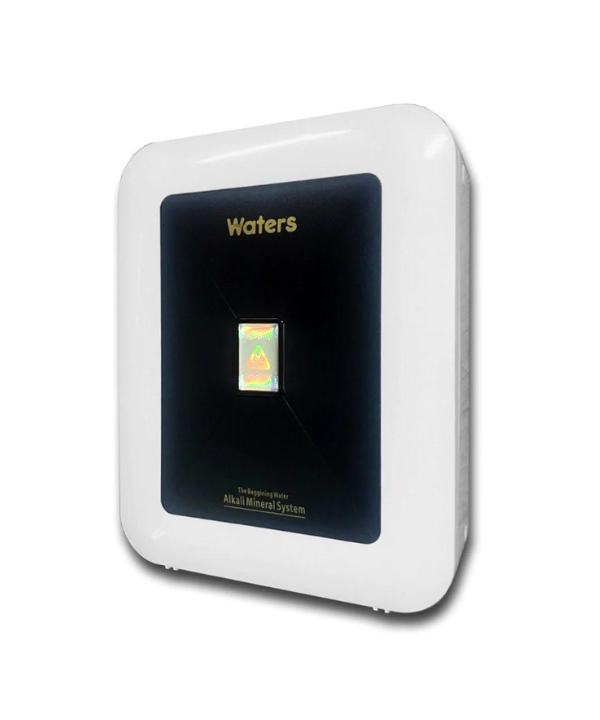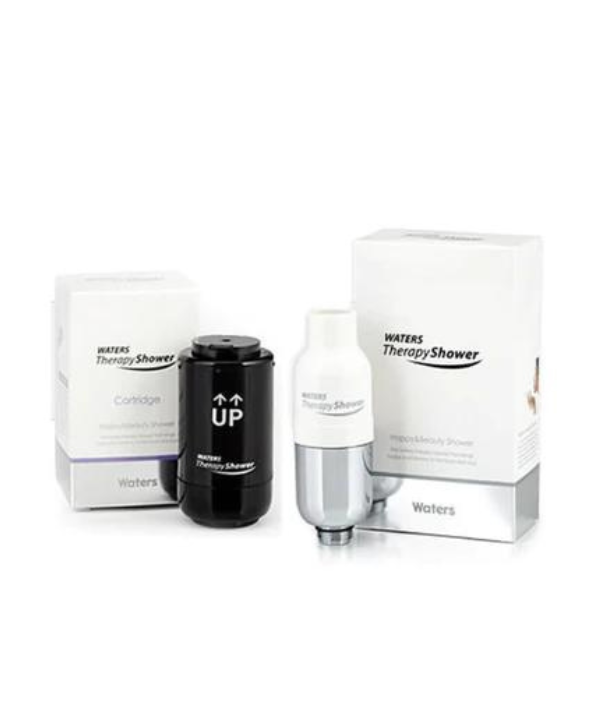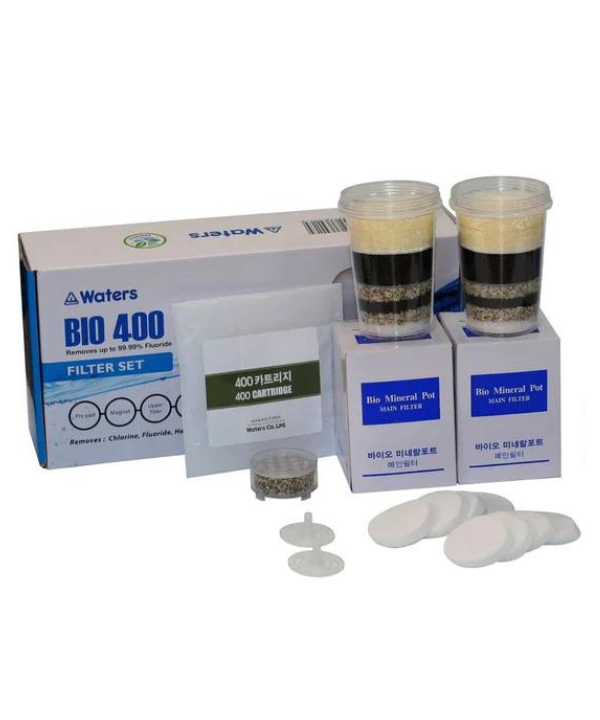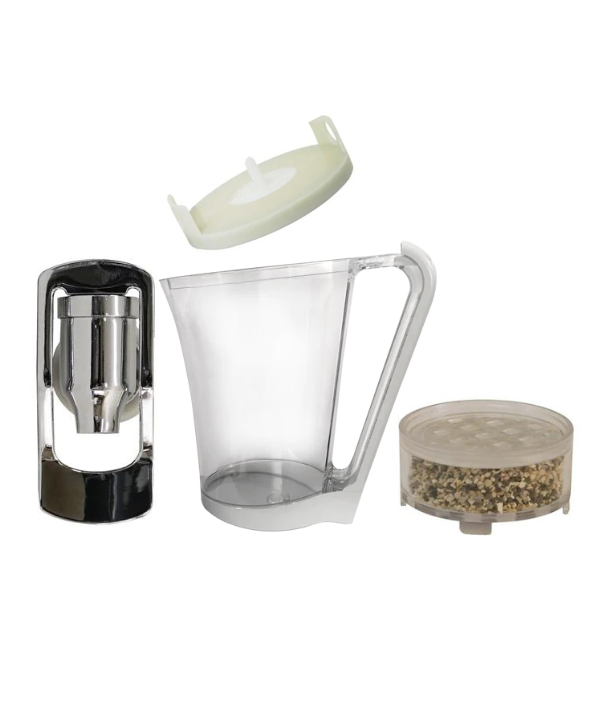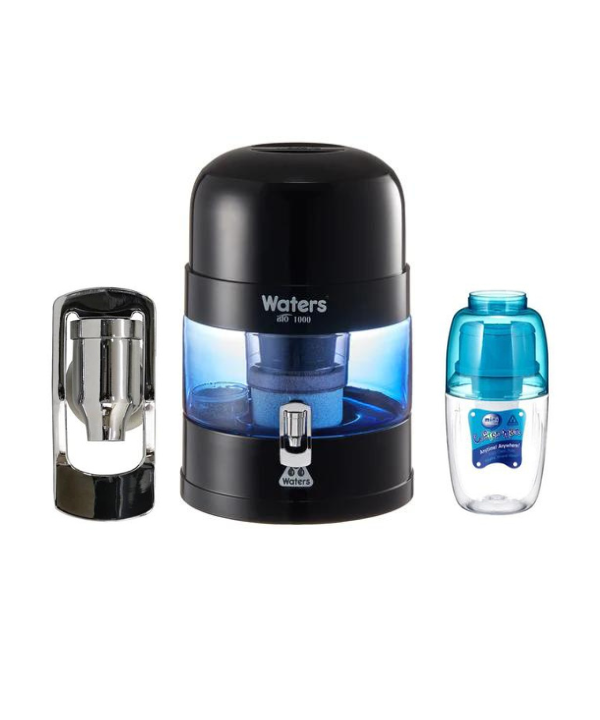PFAS Exposure During Pregnancy and Childhood
Every day in Australia and around the world, people are exposed to dangerous chemicals called PFAS without even knowing it. These chemicals are in our water, food, and everyday products. They earned the nickname "forever chemicals" because they don’t easily break down, so they can accumulate in the environment. More worryingly, they can linger for years and build up in the human body over time, posing long-term health risks. This persistence makes PFAS a pressing public health concern, especially for vulnerable populations such as pregnant women and children.
What Are PFAS? The "Forever Chemicals" Problem
PFAS stands for per- and polyfluoroalkyl substances. There are about 15,000 different types of these chemicals. Companies use them to make more durable, water- and stain-resistant products, like non-stick pans, waterproof clothing, food containers, fire-retardant foam, and makeup.
This durability comes with a cost. Today, PFAS can be found in the blood of almost every person on Earth. There is a growing concern about the impact of forever chemicals on humans. Scientists have already linked PFAS to serious health problems like cancer, kidney disease, liver problems, weak immune systems, and birth defects. The stakes become dramatically higher when considering pregnant women, infants and children because they are more vulnerable to chemical interference.
Why Pregnancy is a Critical Window for PFAS Exposure
Pregnancy is a uniquely sensitive period when exposure to any environmental chemicals can be dangerous. Alarmingly, PFAS might be the most harmful. These chemicals can pass through the placenta to reach the developing baby.
Recent research from California shows that almost every pregnant woman has PFAS in her blood. Of 302 tested blood samples, 97% had PFOS, one of the most dangerous forever chemicals. Nine different PFAS types were detected in both the mothers' blood and their babies' umbilical cord blood.
A major 2020 study focused on possible health issues of PFAS exposure during pregnancy. The results were cause for concern. Pregnant women with forever chemicals in their blood had higher rates of:
- Gestational diabetes
- High blood pressure during pregnancy
- Preeclampsia
- Preterm birth.
Their babies were also more likely to have:
- Low birth weight
- Congenital disabilities
- Developmental delays.
In 2022, the Environmental Working Group (EWG) reviewed 40 different studies about PFAS in umbilical cord blood. Every study found PFAS in the babies' blood. Even worse, 16 studies showed that PFAS exposure caused harmful changes in the babies' bodies, including:
- Higher cholesterol and triglycerides in newborns
- Changes in bile acids that could lead to heart problems later in life
- Problems with thyroid function
- Disruption of healthy bacteria in the baby's gut
- Growth problems.
At least 14 studies found that babies exposed to PFAS in the womb continued to have health problems as they grew up, sometimes lasting into adulthood.
Why Children Are More Vulnerable to PFAS
Babies and young children are ultimately more susceptible to all viruses, bacteria, and chemicals. Several factors contribute to this:
- Their bodies work differently: Children drink more water, eat more food, and breathe more air compared to their body weight than adults do. This means they get a bigger dose of any chemicals in their environment.
- Their behaviour puts them at risk: Young children crawl on floors, put things in their mouths, and touch everything. Hence, they are exposed to more chemicals via household dust, stain-resistant carpet fabrics, toys, and cleaning products.
- They're still developing: Children's bodies and brains are in the growth stages, so they're more sensitive to the harmful effects of chemicals like PFAS.
Recent research shows that PFAS can be found in breast milk. Although doctors are firm that breastfeeding has greater benefits than risks, it presents another route of early-life exposure. Mixing baby formula with tap water also increases the chances of PFAS consumption.
And the health risks are extremely concerning. Children exposed to PFAS may experience:
- Weaker immune systems
- Higher risk of allergies and asthma
- Problems with growth, learning, and behaviour
- High cholesterol
- Higher risk of obesity and diabetes
- Increased chance of heart disease
- Higher risk of kidney and testicular cancers
- Hormone disruption
- Thyroid problems
- Future fertility problems.
Additionally, studies show that children with high levels of PFAS in their bodies have weaker responses to vaccines. Considering all that, the Environmental Protection Agency (EPA) created much stricter guidelines for PFAS use. In July 2025, Australia will ban the import, export, use and manufacture of PFOS, PFOA and PFHxS, the three most dangerous PFAS. However, PFAS contamination is already widespread, with particularly high levels found in drinking water.
How to Protect Your Family From PFAS
While it's impossible to avoid PFAS in today's world altogether, there are some effective steps you can take to reduce your family's exposure:
- Choose products from companies that specifically say they don't use PFAS
- Avoid non-stick cookware (use stainless steel or cast iron instead)
- Buy furniture and carpets that aren't treated to resist stains
- Don't buy kids' clothes labelled as waterproof or stain-resistant
- Use natural cleaning products when possible
- Eat fresh, unpackaged foods
- Avoid fast food containers and microwave popcorn bags
- Don't heat food in containers that might contain PFAS.
Pregnant women should be especially cautious and reduce their use of non-essential personal care products like nail polishes, fragrances, makeup, hair dyes, and hair sprays. A recent study revealed that women who wore makeup daily in the first and third trimesters had 17% higher breast milk PFAS concentrations.
Waters Co Water Filters are Your Best Defence From PFAS
For most people, drinking contaminated tap water is the primary source of PFAS exposure. In Australia, high chemical levels have been detected in several major cities' municipal water supplies. While water treatment facilities are upgrading their technology to remove PFAS, in-house water filtration is the most reliable solution.
You need advanced filtration systems, like filters from Waters Co, designed to remove up to 99% of common contaminants. You can purify your drinking water of heavy metals, bacteria, chlorine, microplastics, and forever chemicals.
With a lifetime warranty and decades of scientific research behind Waters Co products, you can be sure your water is as safe as possible. Combined with smart choices about personal care products, household items, fire extinguishers, and food, you can significantly reduce your family's exposure to harmful forever chemicals.


